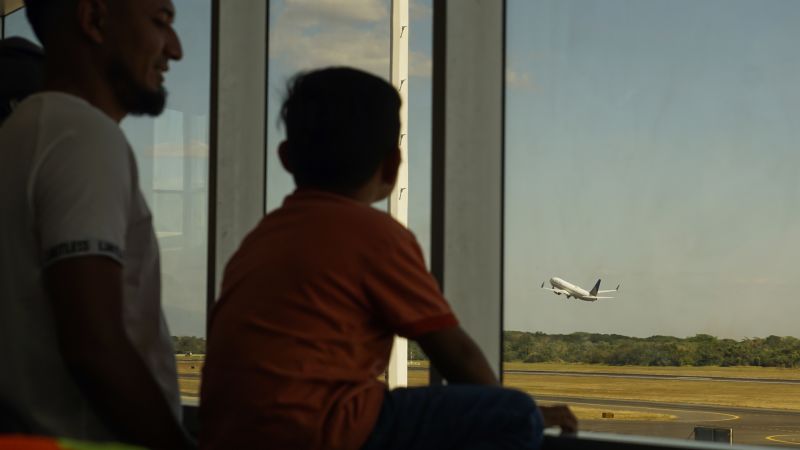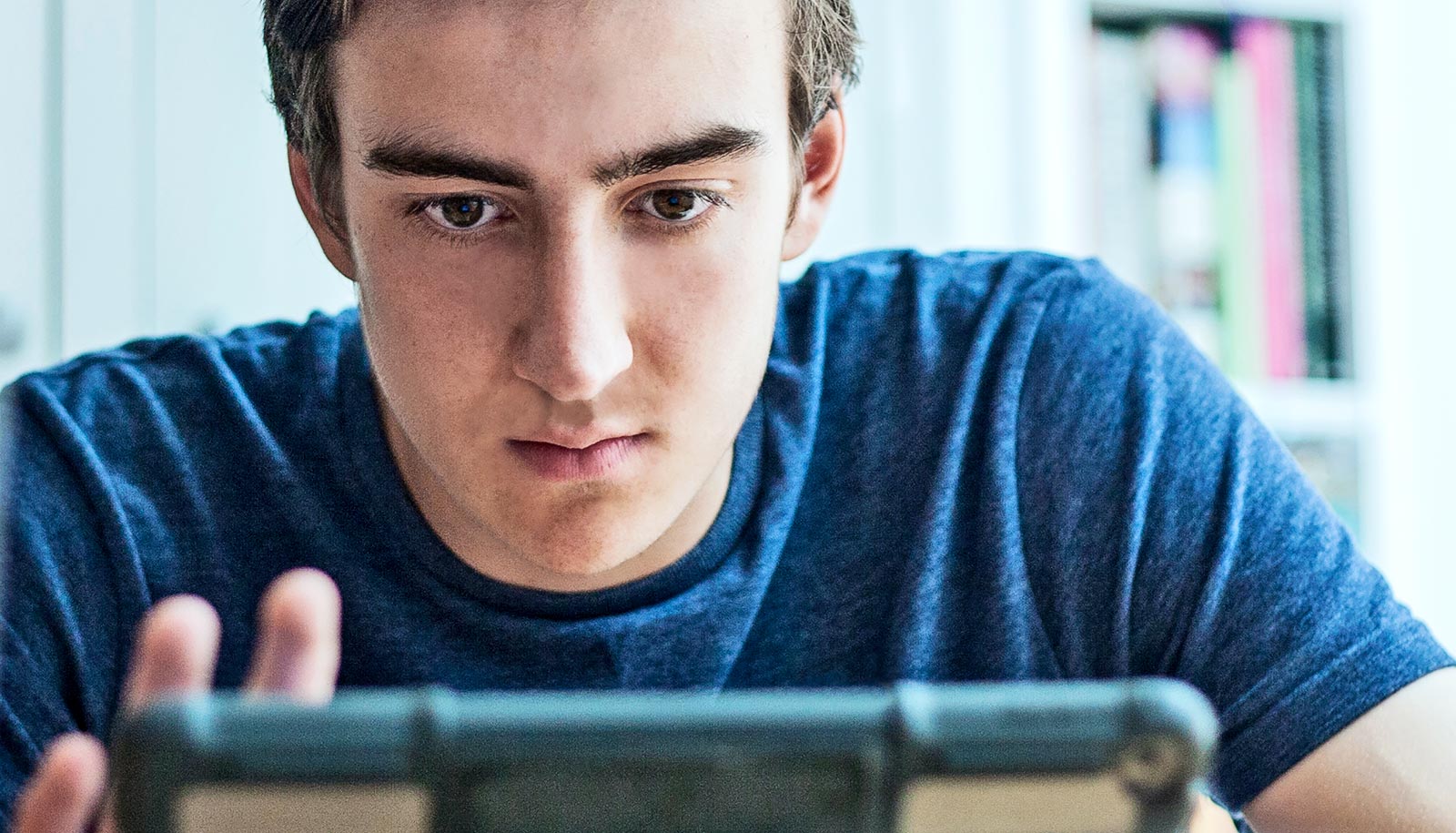Share this
Article
You are free to share this article under the Attribution 4.0 International license.
Asking young people to take a short survey on a tablet before an appointment may help mental health providers identify those at risk of psychosis, according to new research.
The researchers found that when patients took a 21-question pre-visit survey, more than twice as many were identified at risk of psychosis compared to those who did not complete the survey.
But despite the improvement in detecting people at risk, the technology-based screening did not reduce the time between the participants’ first psychotic symptoms and when they received treatment.
Previous studies have shown that the longer the time between the first psychotic incident—such as hallucinations or delusions—and receiving treatment, the more severe the course of the disease.
According to the National Institute of Mental Health, psychosis often begins when a person is in his or her late teens to mid-twenties. About 100,000 new cases of psychosis are diagnosed each year in the US.
“The addition of a brief screener at the initial evaluation can make a dramatic difference in clinical decision-making, helping you to realize that an individual needs specialized care,” says Tara A. Niendam, a professor and executive director of the Health Early Psychosis Programs at the University of California, Davis, and first author of the study in JAMA Psychiatry.
Delayed mental health access in US
The researchers used data from 10 community clinics and four school sites in California. Sites were divided by those that used tablets for screening (“active screening”) and those that screened using clinical judgment (“treatment as usual”).
For the sites with active screening, individuals between the ages of 12 and 30 completed a questionnaire on a tablet before their visit with a mental health care provider.
Known as the PQ-B (Prodromal Questionnaire, Brief Version), questions included “Do familiar surroundings sometimes seem strange, confusing, threatening, or unreal to you?” and “Have you seen things that other people can’t see or don’t seem to see?”
If the questionnaire score was 20 or above, the participant was offered a referral to an early psychosis clinic for further evaluation.
If you or a loved one think you may be experiencing psychosis symptoms, UC Davis Health offers a free online screening survey.
Sites not using active screening relied on clinical judgment for further evaluation and referrals to early psychosis clinics.
The researchers evaluated data from 2,432 individuals at the active-screening sites and 2,455 at the treatment-as-usual sites.
Active-screening sites reported a significantly higher detection rate of psychosis spectrum disorders, with 136 cases (5.6%), compared to 65 (2.6%) in the sites that did not use the tablet screening.
The active-screening sites also referred 13 individuals with first-episode psychosis compared to four in the sites that did not use active screening.
But despite the early detection, the data showed no statistically significant difference in the duration of untreated psychosis. The mean for the active screening group was 239 days. The mean was 262.3 for the treatment-as-usual group.
The researchers note this was likely due to multiple factors leading to delayed access to the mental health system in the US.
“On average, our participants experienced untreated psychosis for approximately six months before presenting at one of our participating clinic sites,” says coauthor Mark Savill, assistant professor in the psychiatry and behavioral sciences department.
“A multifaceted approach that focuses on supporting individuals to seek help quicker and improving the pathway to appropriate services once they present for care may be necessary to achieve meaningful reductions in the duration of untreated psychosis.”
Benefits of psychosis screening
Twenty-four sites agreed to participate. However, only 10 community clinics and four school sites were able to fully implement the screening. Some study sites, such as primary care clinics, faced challenges implementing the screenings and reporting feedback; schools struggled with staffing issues and parent engagement.
The setbacks highlight some of the challenges that might be faced scaling up programs that offer the active screening. But the results highlight how many young people at risk of psychosis are not being identified with the current system.
“Population-based screening for psychosis has not been addressed systematically in the US prior to this study,” says senior author Cameron S. Carter, a professor of psychiatry and psychology and director of the UC Davis Health Imaging Research Center and the Behavioral Health Center for Excellence.
“Our increased identification of cases using the PQ-B questionnaire is an important finding. More people in this active group are getting into care,” Carter says. “That’s important because we know from previous research that individuals who are identified and receive treatment at the very early stages in their illness are likely to have the best outcomes.”
Additional coauthors are from the University of California, San Francisco; the University of Maryland, Baltimore; and UC Davis.
The National Institute of Mental Health funded the work.
Source: UC Davis












